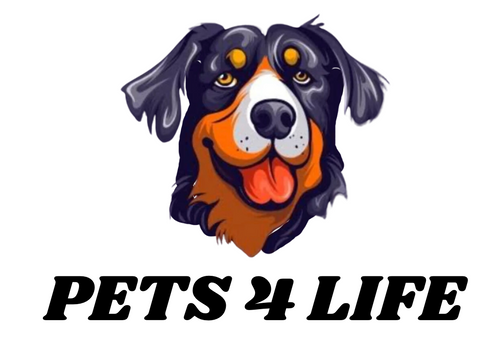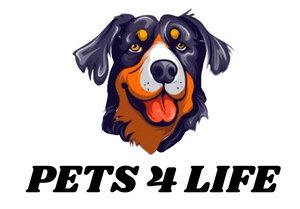The Secret to a Happy Dog's Smile: The Importance of Dental Health and Chew Toys
Dogs, our loyal companions, bring immeasurable joy into our lives with their wagging tails and slobbery kisses. Yet, amid all the cuddles and playtime, there's one aspect of their well-being that often gets overlooked – their dental health. Just like us, dogs require regular dental care to maintain overall health and happiness. In this article, we'll explore the importance of canine dental health and how chew toys can play a crucial role in keeping those pearly whites shining.




